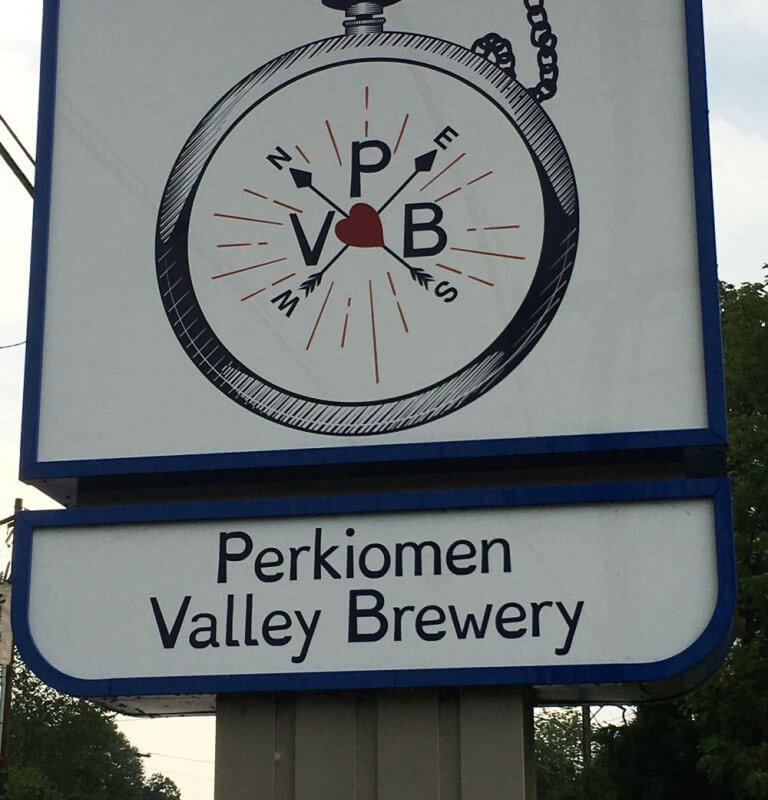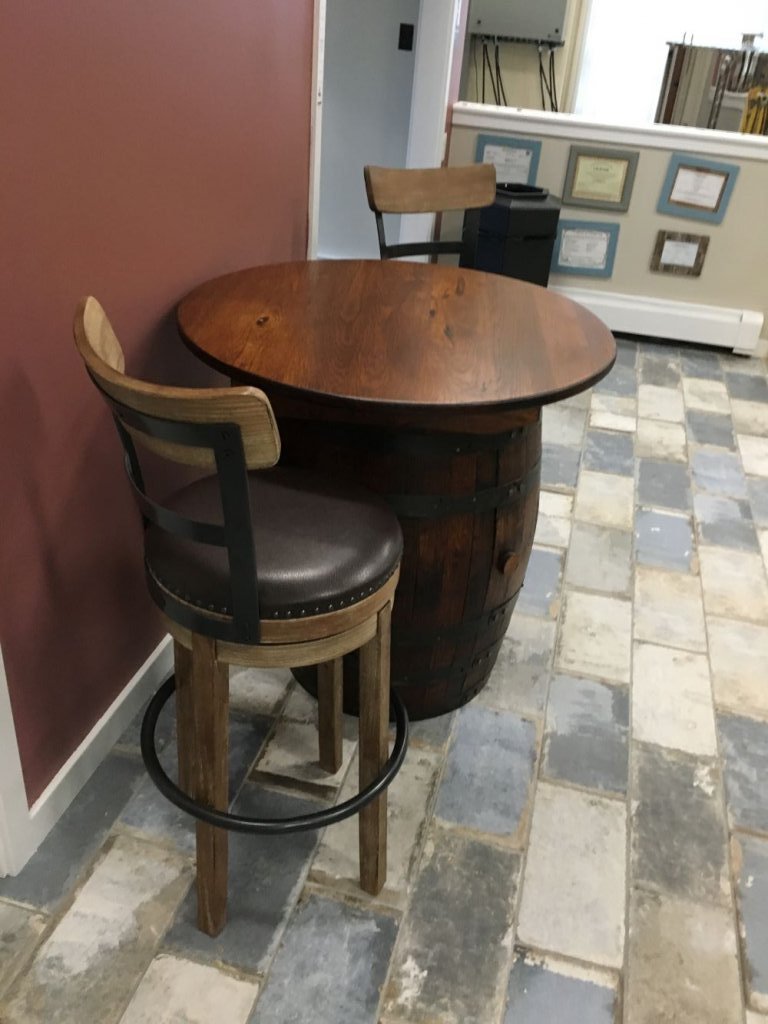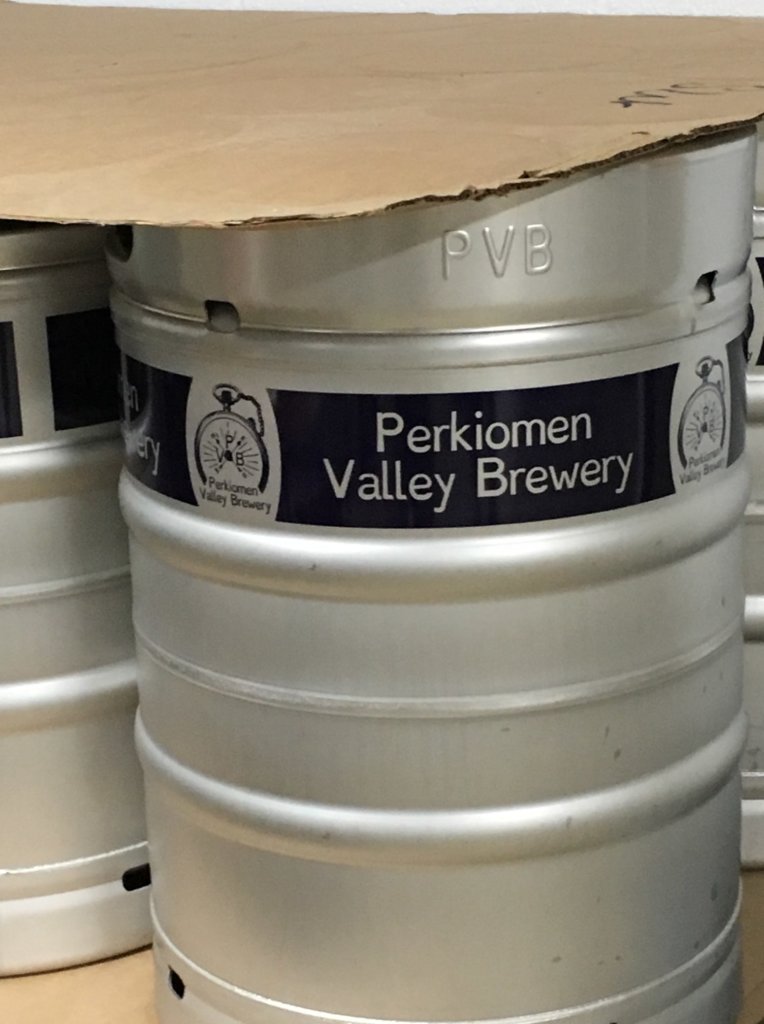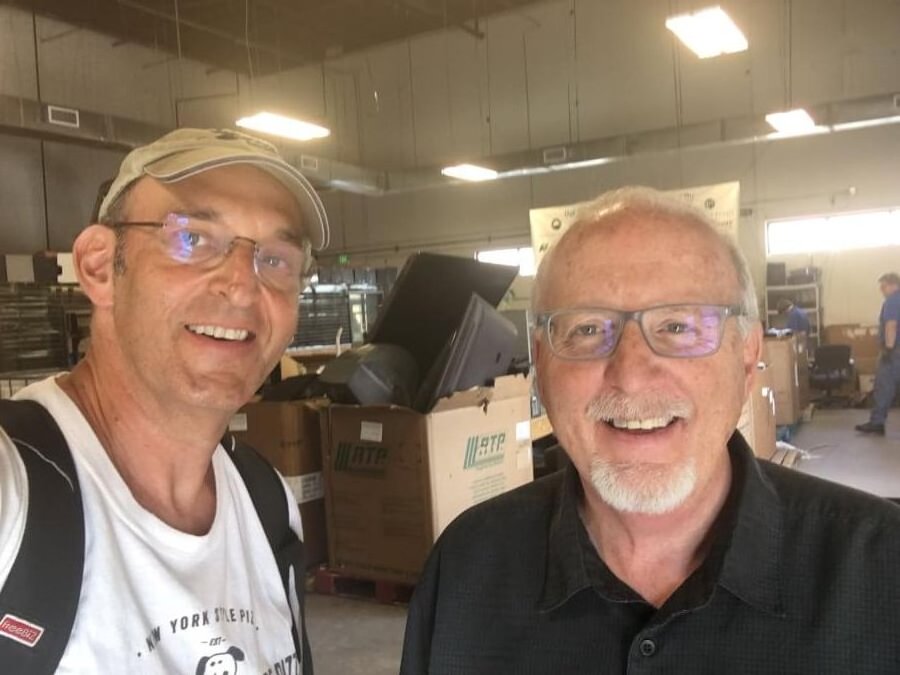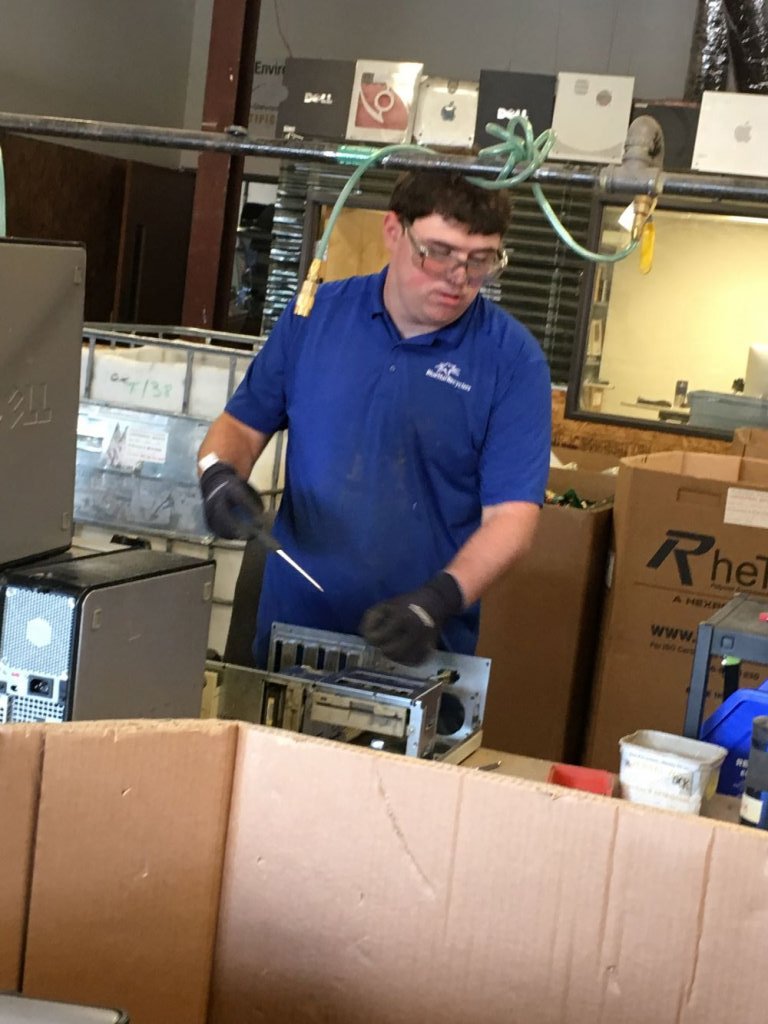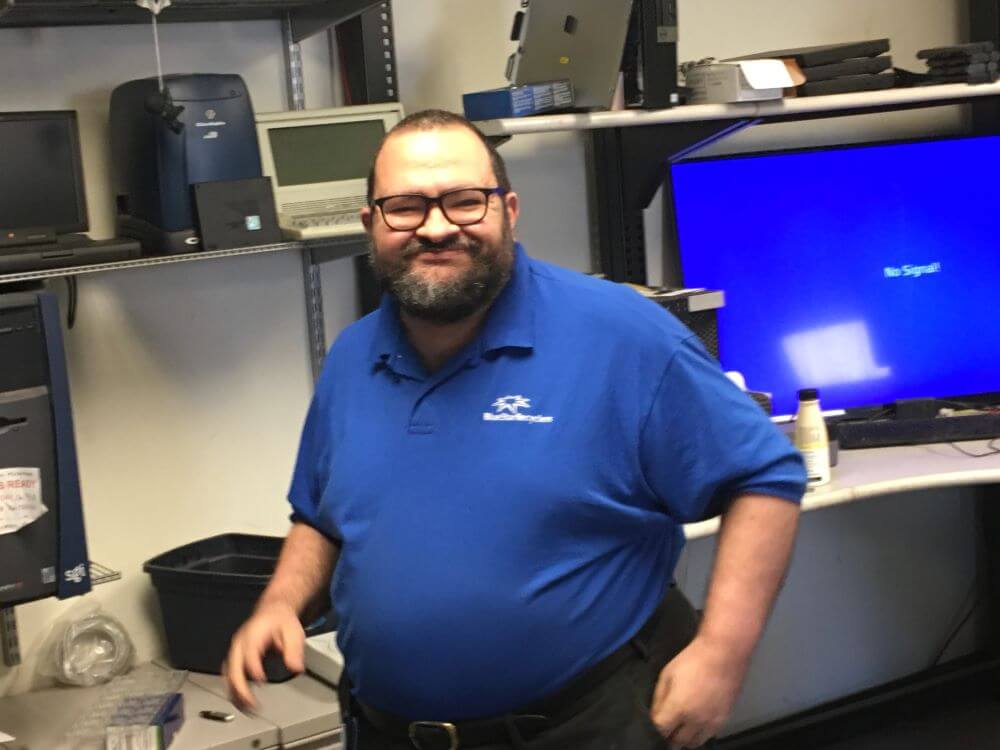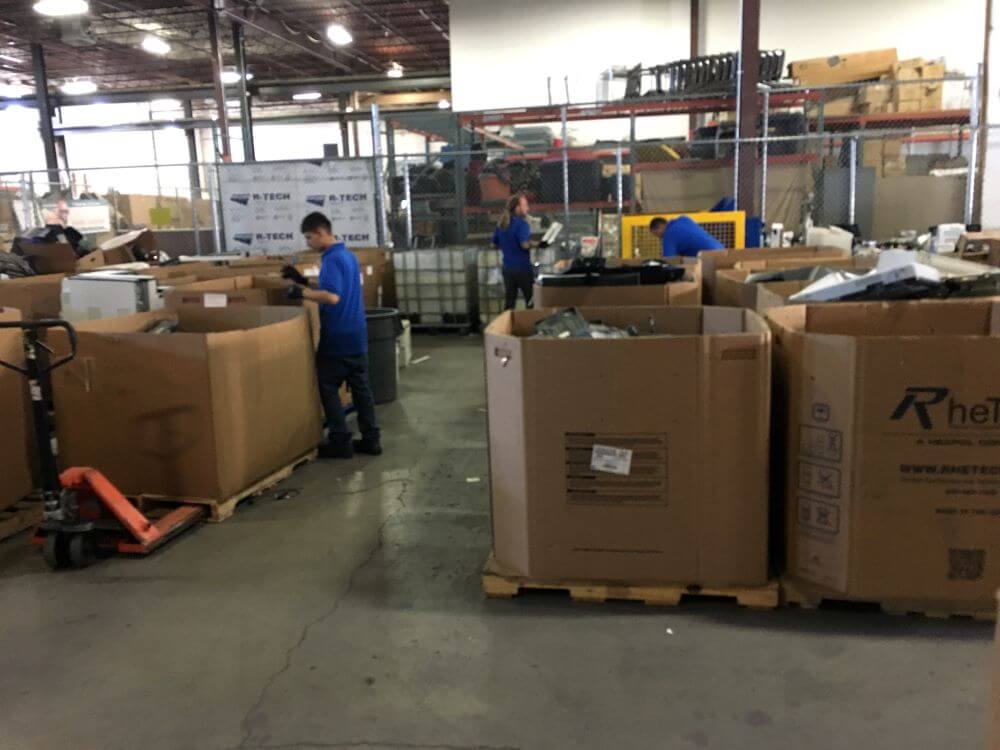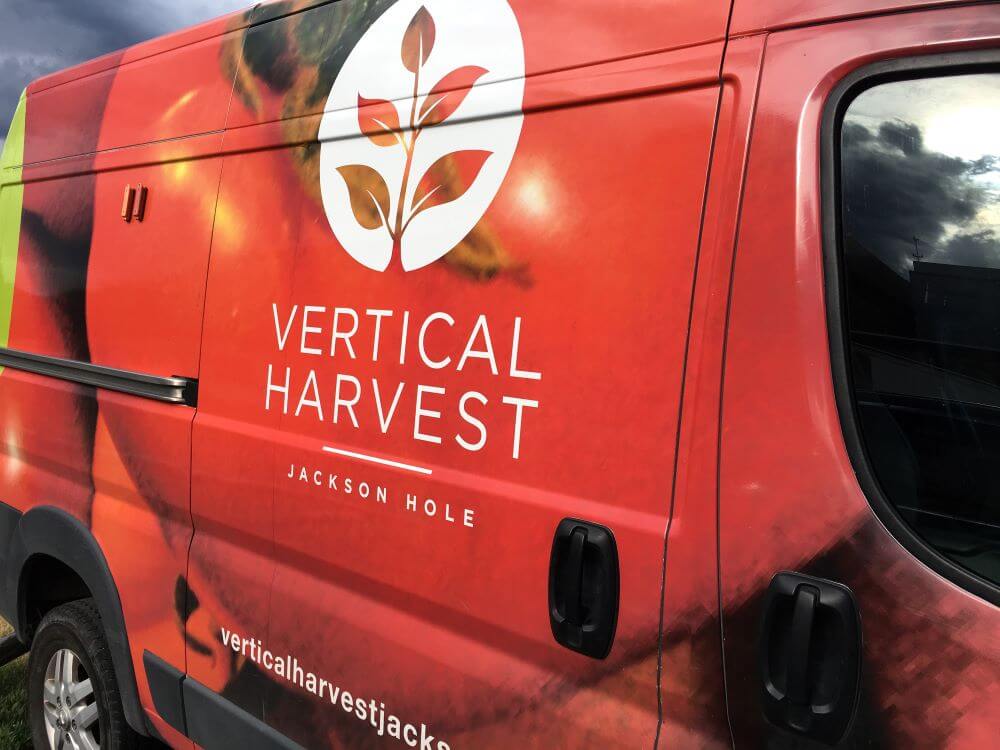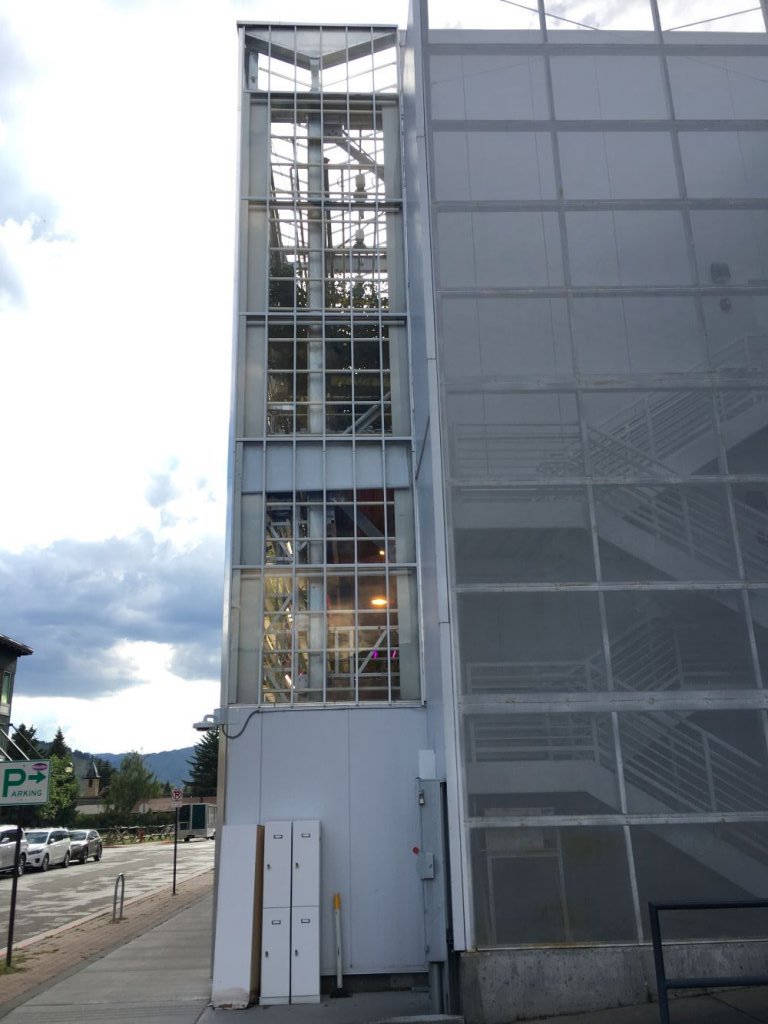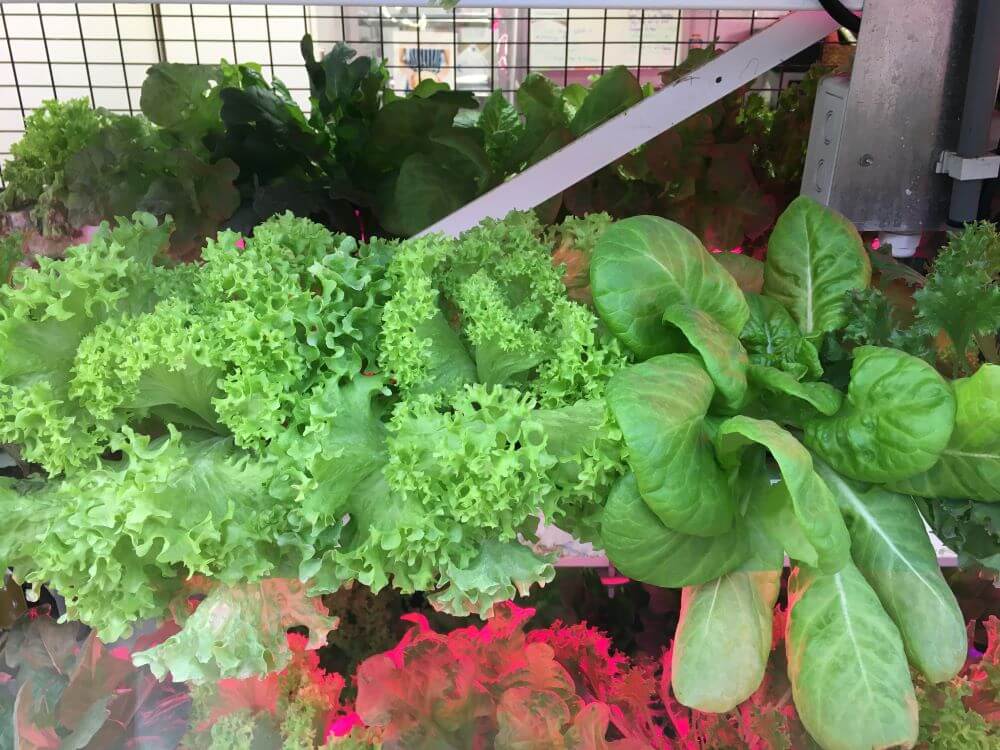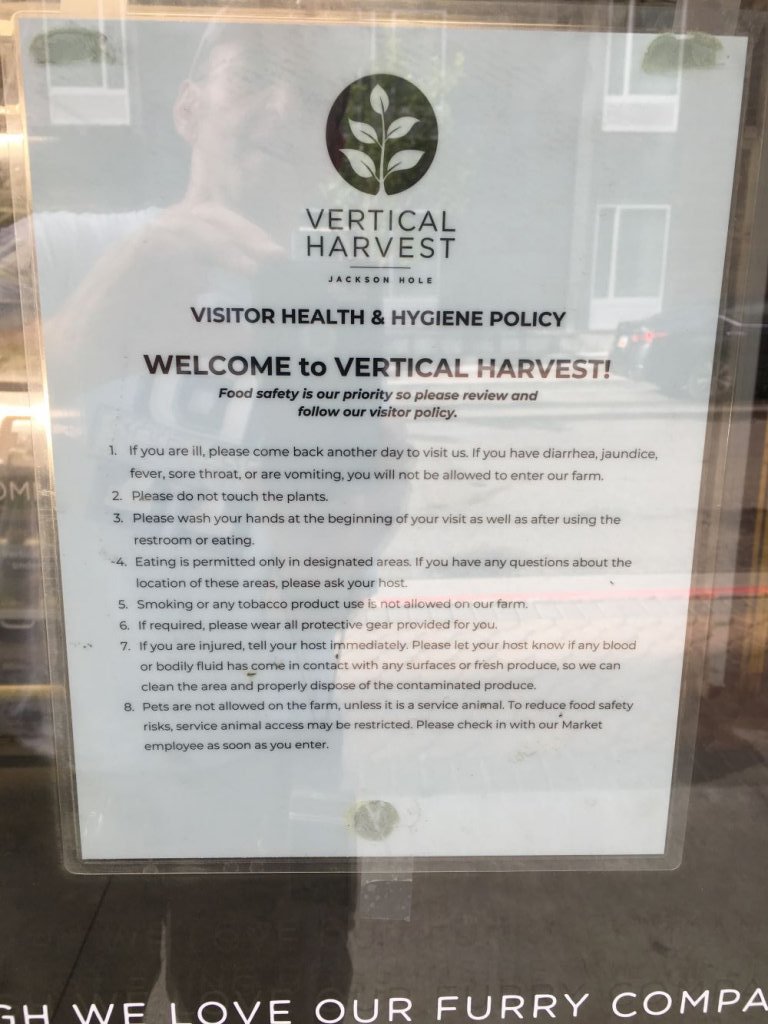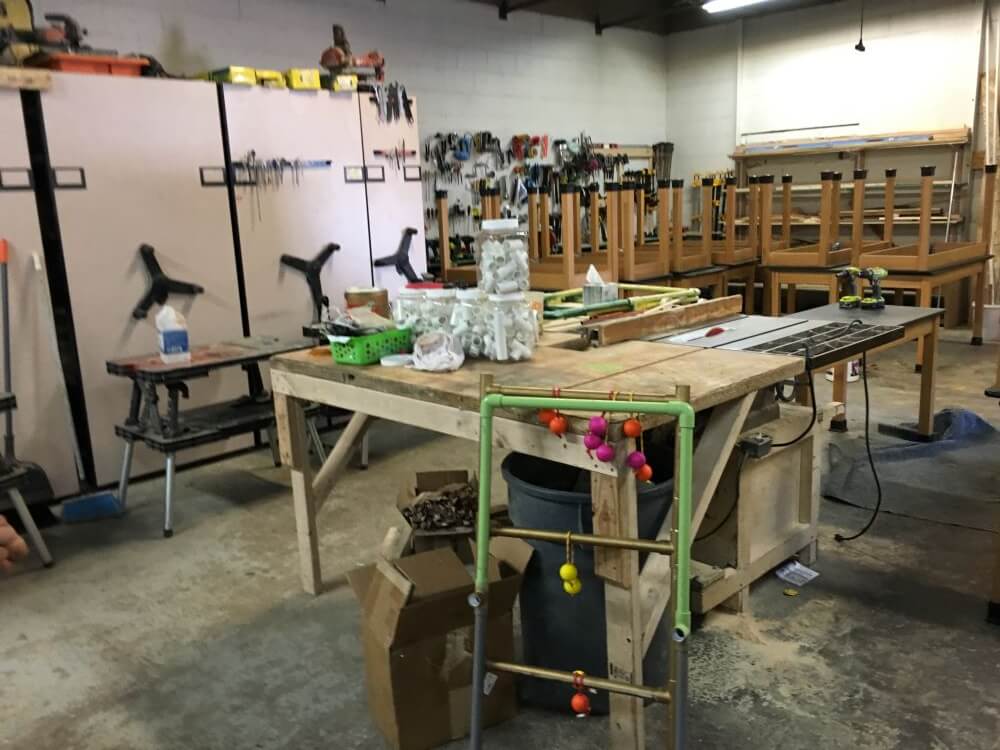101 Walnut Street, Green Lane, PA 18054
(215) 872-6424
perkiomenvalleybrewery.com/
Background and Rationale for Perkiomen Valley Brewery: Pre-Visit Correspondences:
I learned of Perkiomen Valley Brewery in February, 2018. As I was unable to find a website, I reached out on Facebook to learn more about the business—which was not at the time up and running. In our Facebook exchange, I learned that the Weiss Family of Pennsylvania had two sons, ages 28 and 24—both with autism. From a young age, the honest, forward thinking parents had been planning for the future employment for their sons. They noted, “We knew when our sons were young that it would be highly likely that we would have to figure out how to create jobs for them. The employment outlook for people with disabilities were dismal then and though they are making some glacial paced advances, they certainly still are dismal. So, we saved and saved and saved. As a single income family, that meant we budgeted, budgeted, budgeted for a long time. Not only because we needed to think employment, but we also need to think about our future housing/their future housing with the hopeful goal of aging in place. I’m sure you are quite aware of these monumental needs that keep parents of kiddos with significant disabilities up tossing and turning at night.”
The Weiss parents have always tried to do things as a family that the children enjoyed, and were therefore attuned to their interests and strengths and weaknesses. “Even though our family has these stressors, we always do what we can to counter balance the stressors with fun. So, we do things that N & J like to do, namely going to the library, taking meandering Sunday drives to no particular destination, and visiting family. I also introduced some cottage-based arts into their life. N did some water colored art and sold them as Christmas cards. I introduced mosaics to them both. They sell very well. N tried his hand at pottery. That was fun, but not a keeper. And about 2 years ago, we started brewing beer. And we found out, that we are pretty darn good at it!”
At the time of our initial correspondences in 2018, Tom Weiss had gotten (temporarily) laid off from his job, went to school for business in craft beer from the University of Vermont, “read stacks of books to learn more about making beer,” decided to expand their beer-making operation, and began looking for a “home” for their nano-brewery for about 2 years. [They explained that a nano-brewery brews a maximum of 90 gallons/3bbl of beer at a time.]
The process of finding the ideal “home” was not straightforward. “We lost out on 3 previous bids on properties.” When I reconnected with the Weiss’ in the Summer of 2019 to request a tour of their beer-making operation, they had purchased an old bank and were “up and running.” While still preparing to open, they reported with great honesty and sincerity, “It’s fun and terrifying and necessary. Thank God it’s necessary! I’m pretty sure that we would’ve have never been this bold had it not been for N&J pressing us forward to be better versions of ourselves than we ever knew we could be. We plan to employ N, J, ourselves, as well as create part-time specialized work slots for other people with disabilities. As an example, one of N’s friends will help with the bottling, a young man with Aspergers will be our webpage developer and we are hoping an artist from Crafters for Life will do some of our beer labels for us. We also will have merchandise on consignment from a variety of vendors who are first and foremost entrepreneurs and happen to also have a disability. This way they get another venue to help build their business. We see entrepreneurship is a very real opportunity for sustainable employment. Where the traditional workplace often overly focuses on what a person can’t do, we’re opting to focus on the basic premise of focusing on what a person can do and putting it to work.”
From the Website:
Small batched, artisanal beers served in a unique taproom. We’ll be serving traditional styled beers to unique foraged & botanical ales hand brewed on site for you. And we’ll be serving them in a fully accessible taproom that is sensory and mobility friendly. Why are we doing this? Because, as a family with autism along for the ride, we know the challenges. We also know that things that make life meaningful and easier for our family, also makes life a lot more fun and easier for others.
Our Passion:
To handbrew small-batch artisanal beers that taste like they just came out of your grandparents’ kitchen
To create a local community brewery that’s a creative and comfortable place to gather in a mobility and sensory friendly taproom
To support jobs for individuals under-represented in the workforce (our sons are on the autism spectrum)
To serve as a nano-philanthropic hub outlet for craft and entrepreneurs with different abilitiesز
Accessibility Features
- Dyslexia font on signage and menus
- ADA accessible, including fully accessible companion bathroom with adult-sized changing table
- Push button entry and exit
- Dual height bar so people who use wheelchairs can use the bar area
- Sensory room
- LED lighting for low vision
The Visit:
I arrived on a Sunday evening at the parking lot of what was clearly an old bank in Green Lane, Pennsylvania. Owners of Perkiomen Valley Brewery Kelly and Tom Weiss, were kind enough to meet me and Tom gave me a thorough tour of the brewery—though it was afterhours. Unlike a bar or pub, which traditionally serves alcohol and snacks or food until late evening, this brewery is only open Thursdays through Sundays (Thurs: 4-10; Fridays: 3-10; Saturdays 12-10; Sundays 12-6). Visitors are encouraged to bring their own food which might consist of bringing in pizza from a nearby establishment. [They do this so people with food allergies, preferences or dietary needs can feel comfortable bringing in their own food.]
Our tour began on the main floor, where ingredients are mixed in large vats, where customers enjoy craft beer, and where there is a sensory room. Tom reviewed his family’s motivation to start the nano-brewery. When he found himself unemployed for the first time in 28 years, they moved forward with the brewery. “We turned it up a notch.” They started with a beer recipe from the Internet for their prototype—and began adding some ingredients Kelly, a gardener, was growing, including dandelion roots and Queen Anne’s lace. Tom reports that the two boys began to pay attention and wanted to help out. “They are very schedule driven—N liked to package, he liked the repetition…and it clicked in my head!” One of sons loves scales and measuring and lifting—he carries heavy grains and uses a paddle to stir; another son has an affinity for bottling and labeling and does this work in the basement of the brewery. Our tour of the basement resembled a very clean high school chemistry lab—with tubes, funnels, glass bottles and vats of beer with various signs indicating dates started. Another area of the basement was for bottling and labeling.
We returned upstairs and finished our tour, talking at the bar counter. There are many antiques and artifacts from the original bank, including cash registers, desks and desk items. Many drawers and storage bins have been repurposed for use in the brewery. Customers of the brewery will likely feel transported back to the 1880’s when, as Tom reports, “beer was brewed around here until Prohibition!”
Lessons Learned/Challenges/Advice:
- -It is easy to underestimate -the amount of paperwork involved
- This is one of the most heavily regulated industries—there are lots of inspections and reports. There are monthly reports due for Pennsylvania, quarterlies for the federal government, etc.
- The brewing community is a very open community and there is a low barrier to entry. You can learn by attending courses, volunteering with commercial breweries, etc. Everyone wants you to succeed. It is a “rising tide.” The success for one brewery is a success for all breweries.
- Show sensitivity and caring through big and little touches. As an example, the brewery features an adult size changing table for adult toilet assistance needs. It also has a sensory room, which was added to accommodate sensory regulation needs of some guests.
- In considering employment of people with disabilities, follow this rule: “Once you find someone’s strengths, you can schedule the job appropriately. In addition, a brewery is conducive to parceling out tasks.
- “If it is worth doing, you will know it!” (it was obvious early on how much the boys were enjoying themselves!)
